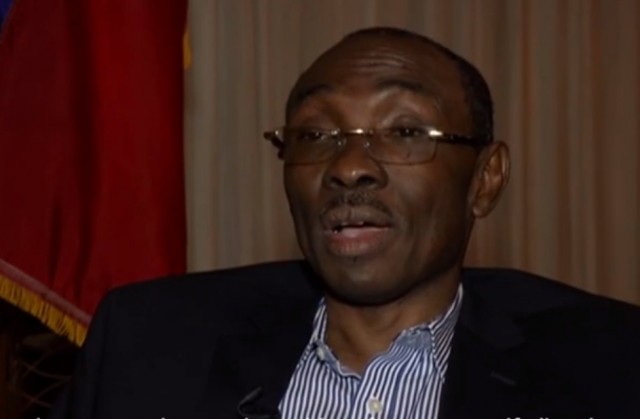
Caribbean, Haiti, Latin America: Week in Review
After Government Collapse, New Haitian Prime Minister Takes Office
January 15, 2015 By Staff
Top Story — The new prime minister of Haiti took office on Wednesday by default after parliament dissolved the day before. The breakdown of parliament followed government and opposition leaders failing to authorize much-disputed elections — overdue since 2011 — by a Monday deadline.
On Sunday, President Michel Martelly announced that he had reached a last-minute consensus with several members of the opposition ahead of the deadline, but the agreement collapsed. The president was meant to call for elections in 2011, but has remained in a deadlock with the opposition-majority Senate.
On Monday, President Martelly cancelled a news conference with the foreign press in observance of the fifth-anniversary of the 2010 earthquake that devastated much of Haiti’s capital city.
Prime Minister Evans Paul is the former mayor of Port-au-Prince and a 2006 presidential candidate. The Chamber of Deputies and Senate have yet to confirm his new position as prime minister — for which he was appointed by Martelly — although the failure of legislators to agree by Monday ensured that Paul assumed the post automatically. The unmet deadline also means that Martelly can now rule by decree.
In an interview on Wednesday with The Associated Press, Paul said he will rebuild the government by appointing a new electoral council in the next few weeks, and that elections will be called this year.
Protests over the government impasse have roiled for months, with about 1,500 demonstrators calling for the president’s resignation on Saturday.
The international community has thrown its support behind Martelly, with representatives from the European Union, United States, Canada and Brazil signing a joint statement pledging to co-operate with Martelly “and whatever legitimate Haitian government institutions remain.” The statement also expressed frustration over the opposition’s unwillingness to reach an agreement after Martelly made several concessions, one of which was to pressure former Prime Minister Laurent Lamothe to resign.
Headlines from the Western Hemisphere
North America
- The former Mayor of Iguala, Mexico — already in jail for 2013 murder charges — has been charged with kidnapping in connection to the 43 disappeared students from Guerrero state, marking the first time he has been formally linked to the case.
- While 97 people have been arrested thus far in the case, Mexican authorities maintain that there is no evidence the army was involved in the students’ disappearance, and have granted families of the missing students permission to enter and search army bases.
- As justification for proposed policy that would stop the transfer of detainees from Guantanamo Bay, Republican Senators claimed that around 30 percent of terror suspects released from the U.S. detention center have since rejoined the fight, though the Obama administration maintains the recidivism rate is nowhere near that high.
- A major Chinese railway company, CRCC, will re-bid for a contract to build Latin America’s first high-speed railway in Mexico, after a conflict-of-interest controversy involving the country’s president prevented their first bid on the contract from going through.
Caribbean
- As Puerto Rico’s police use new strategies to improve public safety — including measures like the creation of a mobile app that allows users to anonymously report crimes — violent crime has fallen and homicide rates have decreased to their lowest numbers in 15 years.
- Cuban infants, children and pregnant women still suffer from high rates of anemia due to malnutrition, according to IPS, an issue that reflects Cuba’s levels of inequality despite having met the U.N. goal of reducing the number of people living in hunger by 50 percent.
Central America
- Three dismembered bodies were found near a juvenile detention facility in Honduras and are suspected to be inmates, most of whom were members of the Barrio 18 gang previously thought to have escaped.
- The discovery comes during U.N. Secretary-General Ban Ki-moon’s two-day visit to Honduras as part of a fact-finding mission aimed at reducing violence.
- Hundreds of thousands of immigrants from El Salvador have been granted Temporary Protection Status, a measure that is meant to protect immigrants from the effects of natural disaster in their native countries part-time but often becomes legal justification for long-term stays in the United States.
Andes
- Judicial workers in Colombia suspended their three-month strike on Tuesday after the government both agreed to future negotiations and also threatened to deploy riot police and withhold wages.
- Three states in Venezuela have outlawed waiting in line overnight at shops, a practice that has become increasingly common and disorderly amid the country’s widespread shortage of basic consumer goods.
Southern Cone
- A new class of right-wing politicians is on the rise in Brazil, reports The New York Times, the so-called “bullet caucus” composed of men aiming to expand gun ownership and with backgrounds in law enforcement or the military.
- Chile’s senate has passed sweeping electoral reform that would make representation more proportional, increase the number of politicians in the lower house, and, notably, require parties to ensure relative gender equality in the candidates they nominate, a reversal of Pinochet-era policies and a major victory for President Michele Bachelet.
- A prosecutor accused Argentine President Cristina Fernández of offering impunity to Iranian officials involved in the worst terrorist attack in Argentina’s history — the still-unsolved 1994 bombing of the Argentine-Israel Mutual Association that left 85 dead — an accusation the government is calling “ludicrous.”
- The rising price of gold is leading to deforestation in the Amazon and in other rainforests as miners decide the risks of the trade are outweighed by the potential profits to be made.
Image: YouTube
Subscribe to Today in Latin America by Email
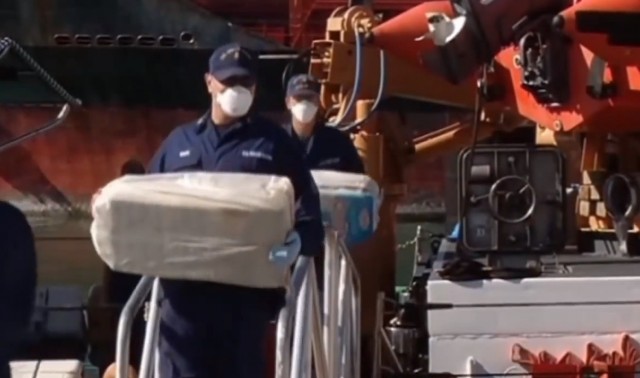

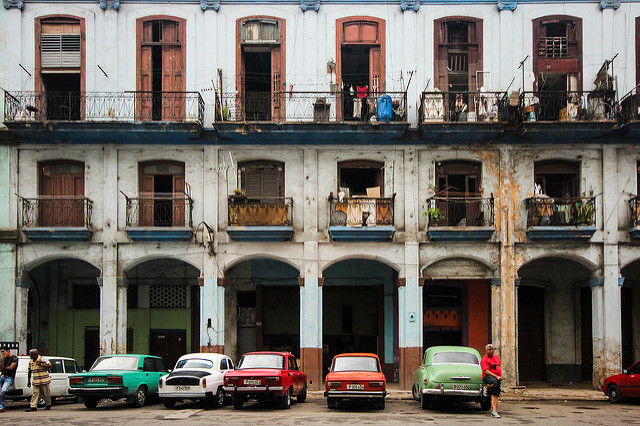
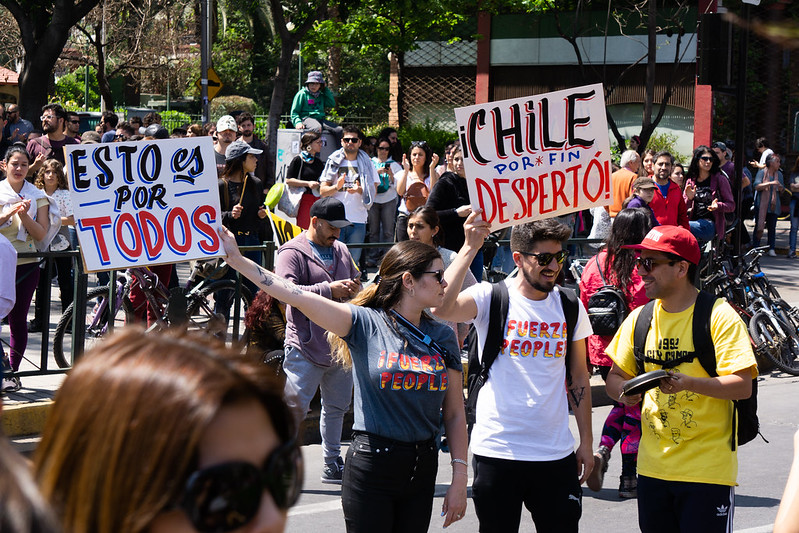
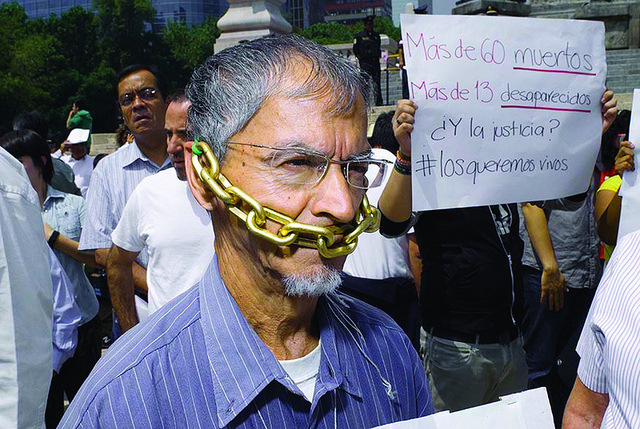
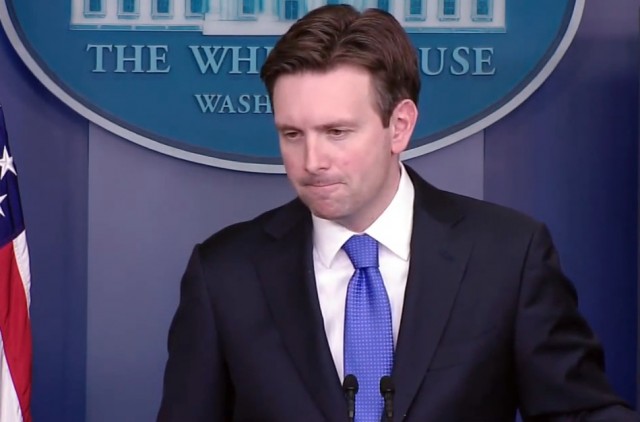
1 Comment
[…] of Hispaniola. The soldiers were sent to bolster a force of more than 22,000 due to concerns that instability in Haiti could lead to an exodus of migrants. The Dominican Republic’s military said that in January […]
Comments are closed.